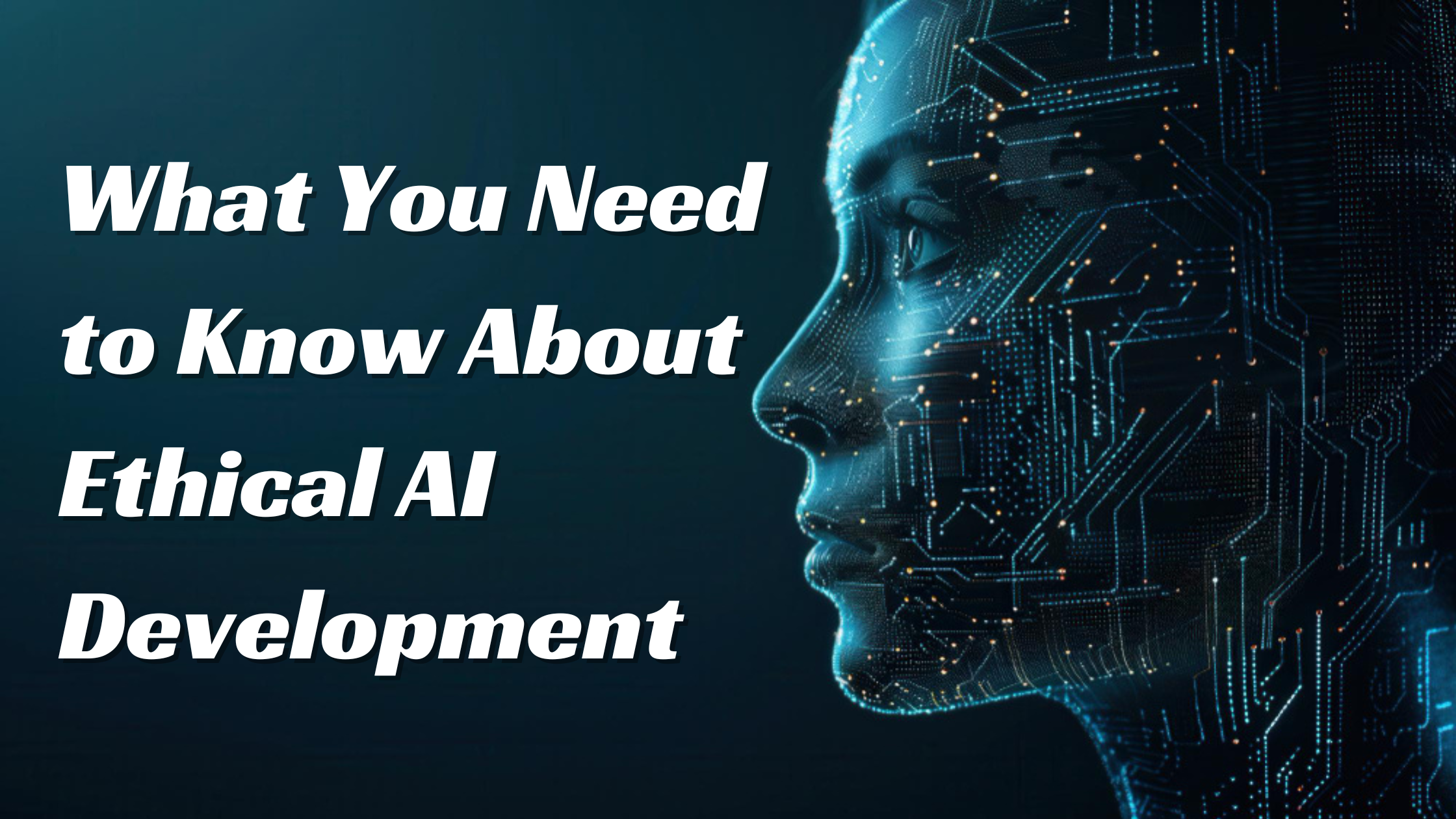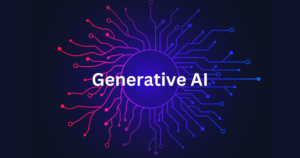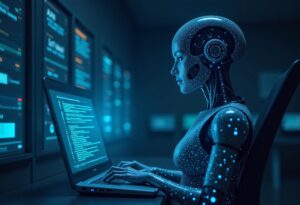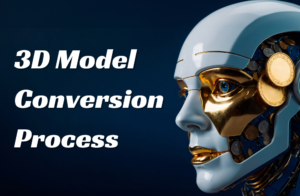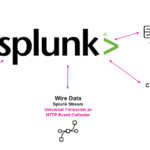What You Need to Know About Ethical AI Development
Experts in the field have noted that ethical guidelines are necessary for developing and utilizing new artificial intelligence (AI) systems as AI’s significance to society grows. While there has yet to be a comprehensive regulatory agency to create and implement these guidelines, some tech businesses have implemented their own AI ethics or code of conduct.
The moral precepts businesses apply to steer ethical and responsible artificial intelligence developments are AI ethics. This article will discuss ethics in AI, why they are essential, and the advantages and disadvantages of creating an AI code of conduct.
What is Ethical AI?
Stakeholders, ranging from government officials to engineers, employ a collection of guiding principles known as AI ethics to guarantee that artificial intelligence technology is produced and applied responsibly. This entails approaching AI in a way that is safe, secure, compassionate, and ecologically friendly.
A robust code of ethics for AI can prevent bias, protect user privacy and data, and reduce environmental dangers. AI ethics can be applied primarily through government-led regulatory frameworks and corporate codes of ethics. Both strategies aid in regulating AI technology by addressing ethical AI concerns nationally and internationally and establishing the regulatory framework for ethical AI in businesses.
The conversation over AI ethics has moved beyond scholarly studies and nonprofits to a broader audience. Large corporations such as IBM, Google, and Meta have established teams to address ethical concerns related to gathering vast volumes of data. Simultaneously, academic research has been used by government and international organizations to inform the development of rules and ethics policies.
Essential guidelines for creating ethical AI systems
AI researchers have distinguished a couple of directing principles to help in making ethical AI. In spite of the fact that these rules are not legitimately binding, they may still serve as crucial benchmarks for AI developers as they wander into this uncharted domain:
- Explainability and transparency: AI models have to be able to express the reasoning behind their conclusions. An AI system’s decision-making ought to be transparent to those affected by it.
- Fairness and non-discrimination: AI should treat individuals similarly and avoid presenting biases that can create discriminatory results. Both conscious and oblivious biases drop under this category, as they are frequently shown in the information utilized to train AI models.
- Protection and information protection: AI frameworks must respect client privacy and individual information protection. This involves maintaining a user’s right to decide how their information is utilized and protecting it from undesirable access.
Why is AI ethics important?
AI ethics are crucial because AI technology is intended to supplement or replace human intelligence. However, when technology is created to simulate human existence, it may become tainted by the same problems impairing human judgment.
AI initiatives based on skewed or erroneous data may have negative effects, especially on marginalized or underrepresented individuals and groups. Furthermore, it may become impossible for engineers and product managers to address learned biases if AI algorithms and machine learning models are developed too quickly. To reduce potential hazards, a code of ethics is simpler to implement throughout development.
Views from around the world on artificial intelligence ethics: International guidelines and standards:

A growing number of countries and international organizations are realizing the significance of creating laws and proposals for ethical AI, which would set moral guidelines for Artificial Intelligence developments.
The European Union (EU), for case, has created a system that prioritizes responsibility, openness, and the defence of individual rights. Meanwhile, countries that prioritize responsibility, fairness, and human-centred values, such as Singapore and Canada, have released their own AI ethical rules.
UNESCO has released draft proposals on the Ethics of Artificial Intelligence worldwide. They highlight the importance of a human-centred approach to AI that prioritizes fairness, cultural diversity, and human rights. They also emphasize how crucial it is to have accountability and transparency and how AI must be intelligible and under human control.
The consensus is toward a human-centric strategy that prioritizes openness, responsibility, and the defence of individual rights, even though the details may differ.
AI’s Ethical Challenges:
Numerous issues from everyday life can serve as examples of AI ethics. These are but a handful:
- AI and prejudice: AI’s judgments may be biased if it doesn’t gather data that reasonably represents the population. When it came to its AI recruiting tool, which devalued resumes with references to “women” (such as “Women’s International Business Society”), Amazon faced criticism in 2018. Essentially, the AI technology put the tech company in legal jeopardy and discriminated against women.
- AI and confidentiality: AI is reliant on information gleaned from Internet searches, social media posts and comments, online transactions, and more, as was previously discussed with the Lensa AI example. Although this adds a personal touch to the consumer experience, there are concerns about the companies’ apparent need for genuine consent to access our data.
- AI about the surroundings: Certain AI models are big and need a lot of energy to learn from data. While techniques for energy-efficient AI are being researched, more should be done to include environmental and ethical considerations in AI-related laws.
Wrapping Up
A vital component of the more significant AI revolution is the creation of ethical AI. Developers and organizations can construct AI systems that minimize harm while benefiting society by addressing concerns of bias, justice, openness, privacy, and accountability.
While ethical AI has many obstacles, these obstacles can be overcome by implementing strong privacy protections, building diverse teams, embracing ethical frameworks, and encouraging openness. Maintaining a commitment to moral values will be essential as AI develops to ensure that these technologies benefit society.

